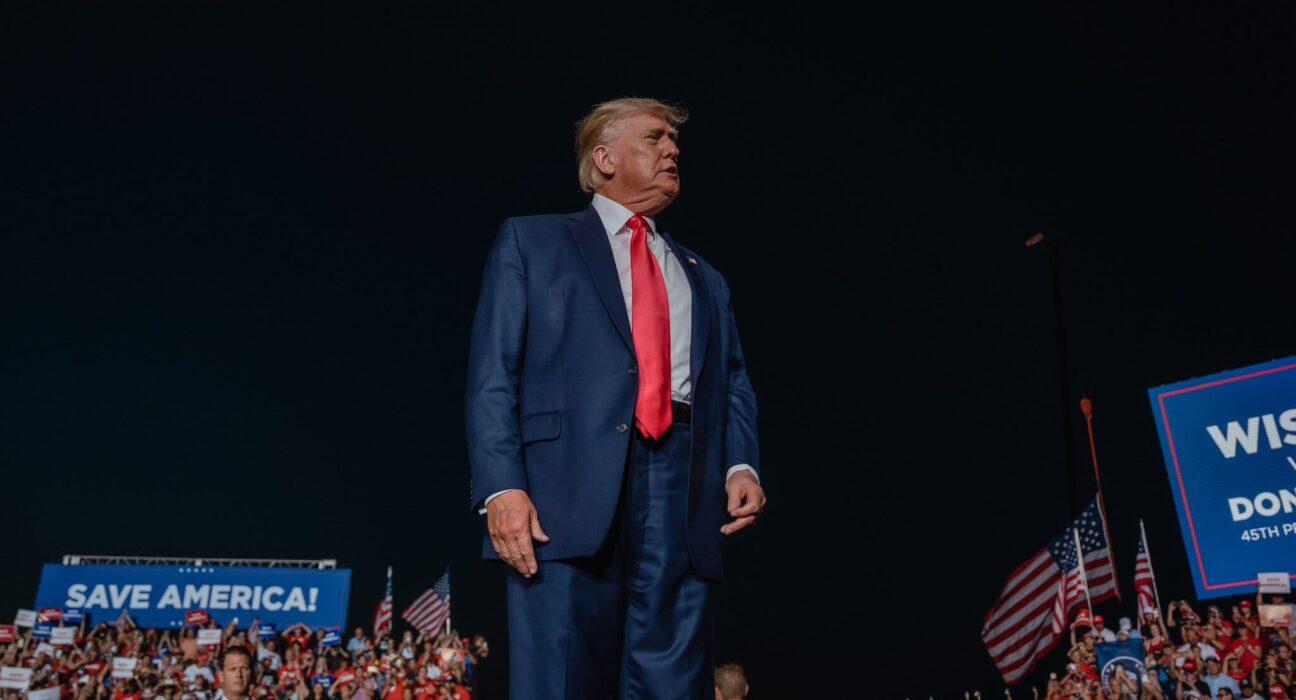In the realm of politics, especially during the era of President Donald Trump, every statement and decision seems to carry a certain weight—often laden with controversy and speculation. Recently, Trump raised eyebrows yet again with his proposal to slap a hefty 200 per cent tariff on pharmaceutical imports from foreign countries. The implications? Not just economic ripples but a seismic wave of distrust, confusion, and uncertainty.
Imagine the scene: the President boldly proclaiming that foreign drug manufacturers have a limited window to relocate their production facilities to US soil before facing this exorbitant tax penalty.
“We’re going to give [drug manufacturers] about a year, a year and a half to come in, and after that, they’re going to be tariffed,”
he declared.
“They’re going to be tariffed at a very, very high rate, like 200 per cent.”
The magnitude of such a move cannot be understated. For Australia alone, this move could translate into a staggering $2.2 billion blow—a significant dent in an already delicate economic landscape. Particularly concerning is how this decision appears to align with the broader narrative surrounding Trump’s policy approach—one characterized by erratic shifts and unpredictable maneuvers.
At the heart of this issue lies Australia’s intricate trade dynamics with the US. Amongst all exported goods, pharmaceutical products stand as the third-largest category traded between these two nations—trailing behind only beef and gold. This pivotal position underscores the vulnerability of Australia’s economy to any disruptions in this sector.
Moreover, whispers abound regarding potential external influences shaping Trump’s stance on pharmaceutical tariffs—a notion that casts a shadow over the purity of his intentions. There are murmurs suggesting pressure from within America’s pharmaceutical industry might be steering these decisions—the same industry notorious for its disdain towards Australia’s Pharmaceutical Benefits Scheme (PBS). This scheme stands as a unique model where drug prices are negotiated collectively with government entities rather than individual purchasers—an approach vehemently opposed by major players in Big Pharma.
The tension between national interests becomes apparent when Treasurer Jim Chalmers staunchly defends Australia’s stance on PBS amid Trump’s tariff threats: “Our Pharmaceutical Benefits Scheme is not something that we’re willing to trade away or do deals on.” This unwavering commitment reveals underlying principles at play—a steadfast resolve not to compromise on critical healthcare policies for short-term gains.
Amidst these high-stakes discussions looms an unsettling reality—that decisions made oceans away can have profound impacts on individuals’ lives within Australian borders. Consider Michael Smith from Leeton—a beneficiary of cutting-edge medical technology designed to revolutionize cardiac care. His story serves as a poignant reminder of how advancements in healthcare transcend political boundaries—and why safeguarding such progress is paramount.
As debates rage on about tariffs and trade wars, it is essential not to lose sight of the human aspect intertwined within these policy pronouncements. The implications extend far beyond balance sheets; they touch upon livelihoods, health outcomes, and societal well-being—a tapestry woven intricately by both global forces and local actions.
In dissecting Trump’s tariff strategies vis-a-vis pharmaceuticals one cannot ignore parallels drawn with his previous trade tactics—the TACO trade phenomenon aptly captures this pattern where initial bravado gives way to tempered retreats amidst market tremors and global anxieties.
While markets worldwide may exhibit resilience in face of such pronouncements—viewing them through lenses colored by past flip-flops—one must remain vigilant about potential aftershocks lurking beneath calm surfaces. As Bevan Shields poignantly puts it: “Even if he halves his threat our pharmaceutical industry would suffer a massive hit.”
In conclusion ,the saga surrounding Trump’s proposed tariffs unveils complexities inherent in today’s interconnected world—where decisions taken miles apart reverberate swiftly across borders.Thus,the question lingers—is credibility merely rhetoric or reality when powerhouses clash over policies impacting millions?

